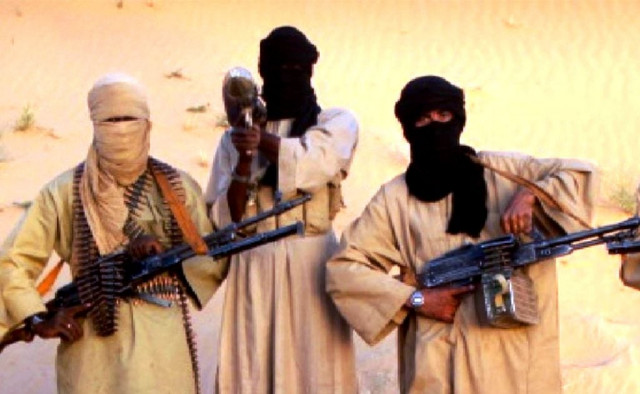Pakistan and the ‘do more’ routine
Pakistan cannot claim sovereignty of decision-making in foreign policy if it harbours terrorists on its soil.

The US and Pakistan are involved in a crisis of mutual trust in which, objectively speaking, Pakistan is seen as showing defiance in a situation it really should be saying that it lacks resources in an unequal war against al Qaeda and its affiliated terror network. As for the harbouring of foreign terrorists on its soil, once again Pakistan is clearly defying the world by refusing to go after them — in North Waziristan for example — while journalists, reporting honestly on the extent to which Pakistan is entangled in terrorism and extremism, are being roughed up or are losing their lives.
What about the poor masses in Pakistan asking Mr Gilani to “do more”? The poor masses of Sindh are in the grip of floods, begging the government to do more than it is doing since last year when the same calamity of rains and flooding hit the entire country. Dengue fever has found the state unequal to the job of looking after the poor who fall sick and need medical attention. The havoc of the 2010 flood is still unaddressed, the displaced people still not rehabilitated and plans made by the government await enforcement. On top of it all, there is rampant corruption highlighted in the most lurid detail by the mainstream media, about which nothing is really done. The truth of the matter is that the government should lose sleep more over the cry of ‘do more’ rising from among the masses.
As for Pakistan trying to defy the rest of the world, this is not very practical or sensible because while it may be difficult to fool one’s own people, it is next to impossible to convince the outside world that Pakistan means business in fighting terrorists and militants across the board. It is also not practical because the country has now, yet again, sought financial assistance from the international community, to help the affected people ravaged by this year’s floods. But the problem is that will the international community be inclined to respond to a country which it can tell doesn’t speak much truth when it comes to other equally pressing matters. And it’s not just the government or the establishment which espouses this defiance, it is found on a daily basis among most Pakistanis as well, many of whom will tend to blame America (followed by India, Israel, CIA, Mossad and Raw) for just about everything that ills Pakistan. This defiance, by the state, isn’t going to please the states that matter in the world who are at risk from these terrorists. As for the prime minister cancelling his scheduled visit to the US, surely that will not make the latter act differently or offer apologies?
So what does Pakistan want from the US? It wants a say in the shape of things to come after the withdrawal of foreign forces from Afghanistan in 2014 and that is a fair expectation since all states want to look out for their interests. In this, Pakistan believes that it has more leverage on the US than the latter has on it. The stark fact is that Pakistan lacks internal sovereignty while it flaunts external sovereignty: this is quite pointless because external sovereignty can be claimed only on the basis of the extent of control it has on its own territory. It cannot claim sovereignty of decision-making in foreign policy if it harbours terrorists on its soil who attack friendly and unfriendly states alike.
Let’s not forget what happened the last time Pakistan put itself in a position to dictate terms in Afghanistan? It allowed the Taliban it supported to savage their own people and spoil Pakistan’s relations with pretty much the rest of the world. If it was doing this hanky-panky in Afghanistan in the light of its doctrine of ‘strategic depth’, it owes an apology to the people of Pakistan who no longer approve it. And if ‘strategic depth’ is still the doctrine under which Pakistan lives, then no one in the world will come to its help, let alone ‘doing more’ for Pakistan.
Published in The Express Tribune, September 18th, 2011.















COMMENTS
Comments are moderated and generally will be posted if they are on-topic and not abusive.
For more information, please see our Comments FAQ